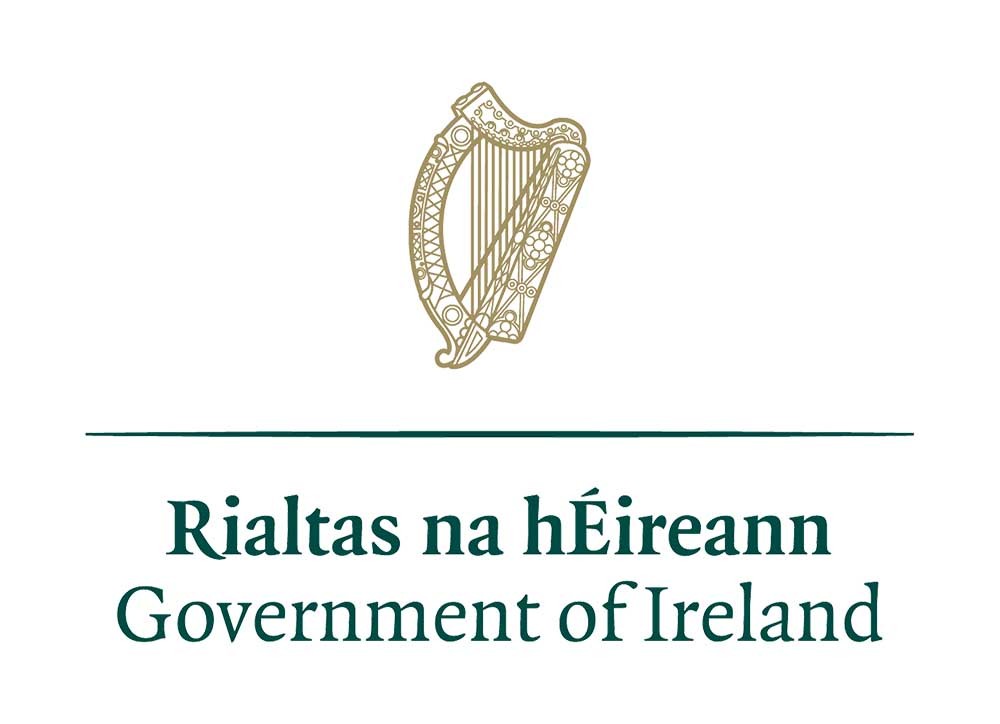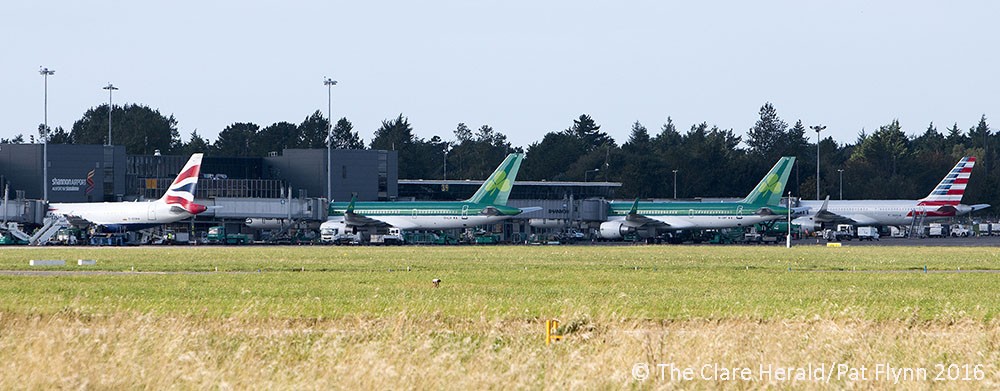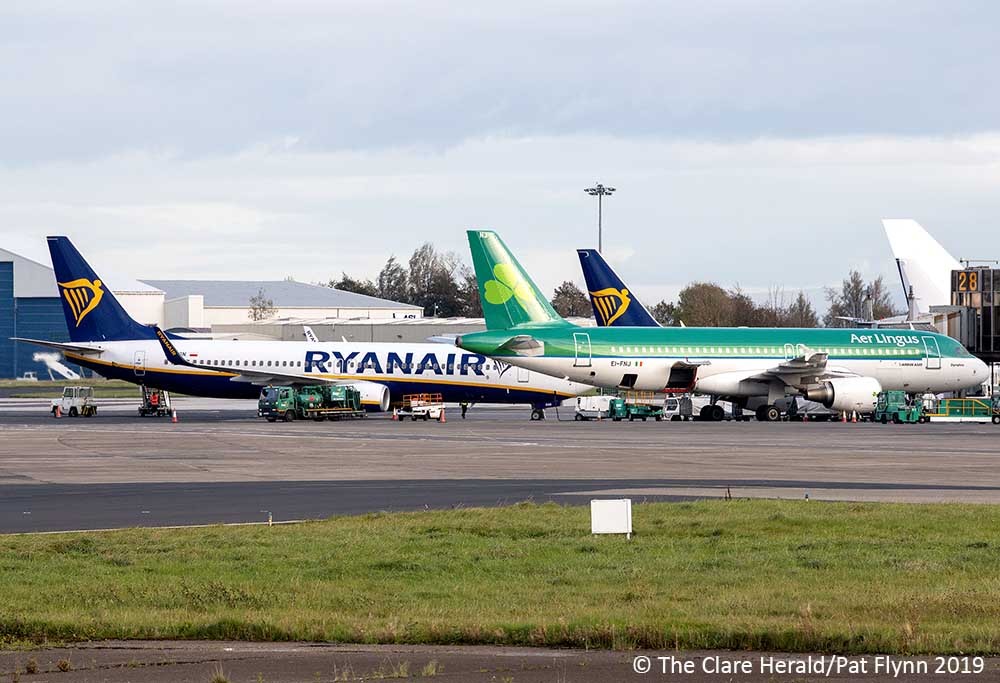
The government has issued a statement in relation to international travel which has been seriously affected by Covid-19.
On 20th October Government agreed further steps to broadly align with the EU approach on a traffic light system for international travel, as agreed at the EU General Affairs Council on 13th October.
The national approach from midnight Sunday is as follows:
– Ireland’s categorisation of green/orange/ red now refers to EU regions, rather than individual countries;
– Adoption of the EU proposal for passengers travelling on certain essential functions not being advised to restrict movements. This includes essential workers, journeys for imperative business or family reasons (for example, attending a funeral), essential medical reasons for travel;
– Those arriving from green regions can enter the State without being expected to restrict movement or undergo testing for Covid-19;
– From midnight 8th November passengers from orange regions who have a negative PCR test result for Covid-19 from a test taken up to three days before arrival are advised that they do not need to restrict movements.
– For the time being, those arriving from red regions must continue to restrict movements for fourteen days.
Further intensive work has since taken place to develop an approach for Covid-19 regime that can be implemented for international arrivals from red regions. Government will consider this on Tuesday. It is important that this approach does not in any way impinge on vital public health testing capacity.
It is important to emphasise that Ireland is currently under level 5 of the Government’s National Framework for living with COVID-19 and the advice remains that there should be no non-essential international travel
In addition all residents of Ireland are being asked to restrict movements to within 5km of their home unless it is strictly essential. Any arriving passengers in Ireland must abide by these public health measures.

Special arrangements for Denmark
Passengers arriving into Ireland from Denmark are advised of the need to take additional precautions aimed at limiting the spread of the newly discovered virus variant in Denmark of SARS-CoV-2, the virus that causes COVID-19.
Anyone arriving to Ireland from Denmark (currently red on the ECDC incidence map) should ensure that they follow the existing guidance to restrict movement for a period of 14 days following their arrival into Ireland. They are requested to do so notwithstanding their journey being ‘essential’ in purpose as defined by the EU.
In addition, should any traveller from Denmark develop any symptoms suggestive of COVID-19 they should phone their GP immediately and alert them of their recent visit to Denmark. Information on arriving in Ireland from abroad, will be made available on the website of the Irish Government (www.gov.ie) or the Health Service Executive (HSE) www.hse.ie
The new approach to travel is reflected in public health information on the Government’s website at gov.ie and Department of Foreign Affairs travel advice available through the Department’s website.
Paragraph 19 of the EU General Affairs Council Recommendation on a co-ordinated approach to the restriction of free movement in response to the Covid-19 pandemic proposes the following exemptions from quarantine/restricted movement requirements.
Travellers with an essential function or need should not be required to undergo quarantine while exercising this essential function, in particular:
(a) Workers or self-employed persons exercising critical occupations including health care workers, frontier and posted workers as well as seasonal workers as referred to in the Guidelines concerning the exercise of the free movement of workers during the COVID-19 outbreak6;
(b) transport workers or transport service providers, including drivers of freight vehicles carrying goods for use in the territory as well as those merely transiting;
(c) patients travelling for imperative medical reasons;
(d) pupils, students and trainees who travel abroad on a daily basis;
(e) persons travelling for imperative family or business reasons;
(f) diplomats, staff of international organisations and people invited by international organisations whose physical presence is required for the well-functioning of these organisations, military personnel and police officers, and humanitarian aid workers and civil protection personnel in the exercise of their functions;
(g) passengers in transit;
(h) seafarers;
(i) journalists, when performing their duties.
Under current practice, Ireland does not require international transport workers (including freight drivers, sea farers and aviation crew) to complete the Passenger Locator Form or restrict movements.
